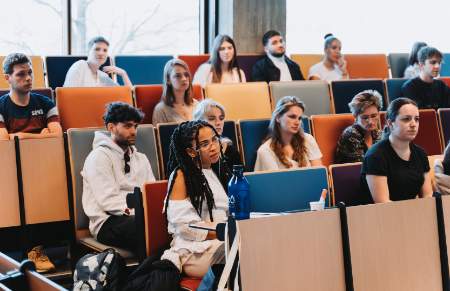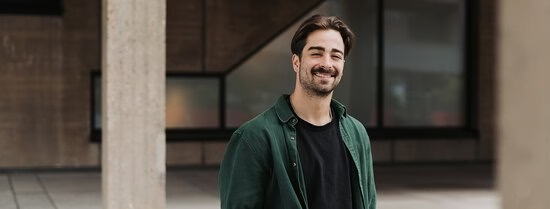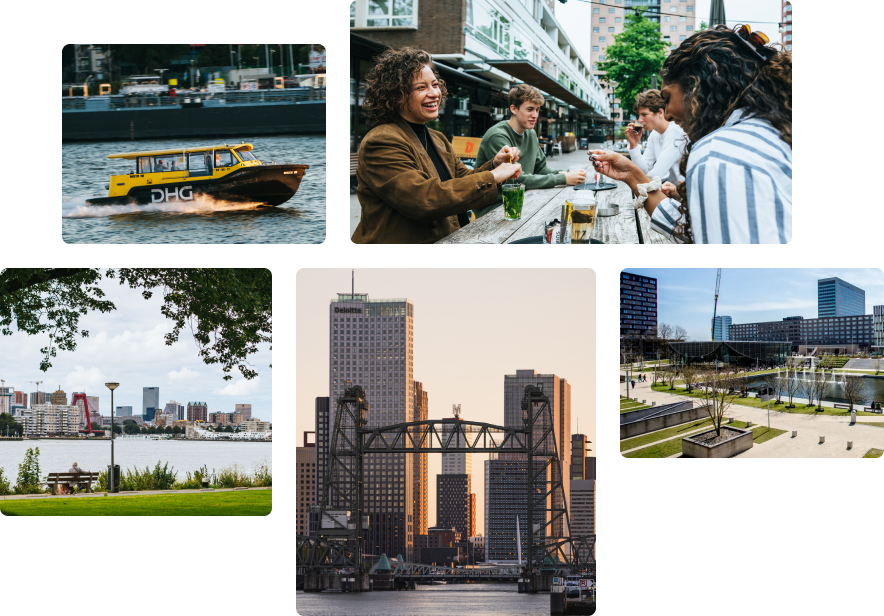Is this the programme you're looking for?
Do you want to to become a changemaker in the cultural and creative industries? Do you want to develop original and well-founded ideas and projects about how to produce, sustain, disseminate, valorise and assess cultural and creative practices? Then the master specialisation Cultural Economics and Entrepreneurship is the right programme for you.
Practical information
- Type
- Master
- Degree
- MA
- Mode of study
- Full-time | Part-time
- Instruction language
- English
- Duration
- 1 year
- Study points (EC)
- 60
- Location
- Campus Woudestein
- Start date
- September
- Application Deadline (EEA)
- 15 May
The study programme in a nutshell
Cultural Economics and Entrepreneurship proposes a double perspective: cultural economics and cultural entrepreneurship. We harness cultural economics and cultural entrepreneurship perspectives to unravel, articulate, realise, and assess the practices and values of culture for different stakeholders, from artists and creative producers, to government, cultural organisations, and citizens. In this way we foster the role of the cultural and creative sector in society. We put a great emphasis on cutting-edge theory, original empirical research, and connection to the cultural and creative sectors.
During this master specialisation, you will focus on challenges the cultural and creative industries face today and in the near future. You will acquire the knowledge and skills to identify, frame and address these challenges using a systemic approach and international perspective. Furthermore, the programme offers a lot of freedom for exploring current topics and first-hand experience with entrepreneurial projects.
''Cultural Economics is not something that you can find everywhere.''

What you will learn
- To use a macro and micro approach. The first will allow you to identify features of the context where a specific cultural organisation operates, the second will help you to recognise the best tools and activities to undertake;
- to argue convincingly in the framework of financial and economic considerations within the cultural and creative sectors and challenge preconceived ideas;
- to address alternative approaches to revealed fundamental challenges in mainstream economics focusing on the cultural and creative sectors.
Want to know more? Meet us here

Career opportunities after graduation
Jumpstart your career in the cultural and creative sector with the master specialisation Cultural Economics and Entrepreneurship. You can work at the heart of (international) cultural organisations, government agencies, or a cultural or creative NGO/SME. Be the one who defines new business models, gives PR advice, or makes policies. Due to your ability to apply cutting edge economic theories to long-term cultural developments and trends, the career opportunities are very diversified.


